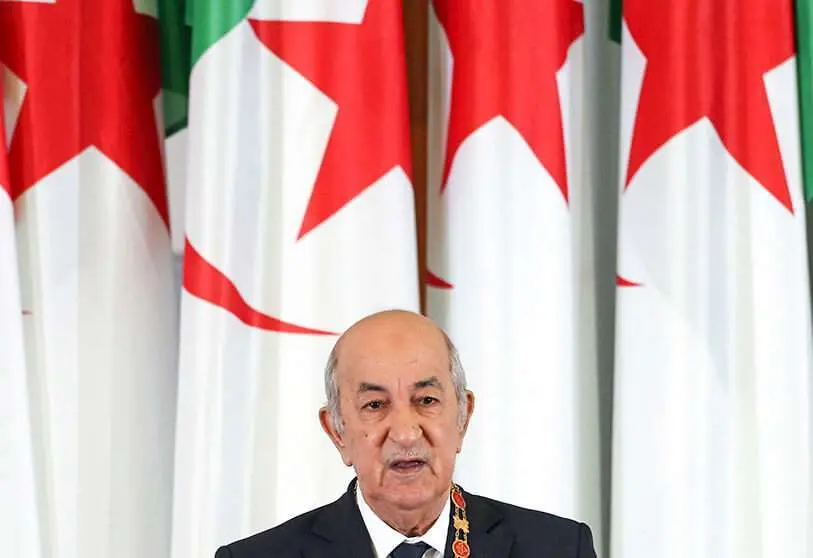Algeria resets water police at risk of water stress

Algeria remains year after year among the 30 countries most affected by drought, according to the World Resources Institute (WRI). Rainfall is at its lowest in decades and the average filling rate of dams is barely 30%. The Maghreb country runs the risk of suffering water stress in the coming months, of running out of sufficient water reserves to supply its population and sustain its economy. For this reason, the government headed by Abdelmadjid Tebboune has been forced to take urgent measures.
The Algerian government is focussing its action on combating wastage, which is largely a matter of rationing water use. To this end, Tebboune announced at the end of a Council of Ministers meeting in early January that he had ordered the "large-scale mobilisation" of the ministries of the interior, water resources, agriculture, industry and the environment to develop an emergency plan based on "a new water-saving policy throughout the country". This would be combined with the refurbishment of sewage treatment plant projects "to exploit them for irrigation instead of using groundwater".

The measures would take too long to crystallise and the margin for manoeuvre is narrow. This is why the Algerian president decided to reinstate the activities of the so-called Water Police, a branch of the security forces first instituted in August 2005 with the task of "repressing water wastage wherever it comes from with the force of law and full power", stressed the Minister of Water Resources, Mustapha Kamel Mihoubi.
The minister, a professor of hydrology, had warned weeks earlier in an interview with Algerian national radio that the Council of Ministers would implement a series of measures to impose "the rational use of the different sources of water in these times of rainfall deficit". But he did not say which ones.
The water police were last mobilised in Algeria eight years ago, under Zidane Merah's tenure as head of the Algerian Water Authority (ADE). How effective it is on the ground this time will depend on whether Algeria reaches a "critical" level by 2040, says WRI.
The police will have access to public and private water works and facilities, especially those linked to the agricultural sector, which consumes about 70 per cent of available resources. They will be able to request the owner of the infrastructure to put it into operation in order to carry out useful checks and demand any documentation they deem necessary to assess the state of the facilities. The agents will also be responsible for reporting any infringements committed by means of a report recording the facts and the statements of the perpetrators, a task for which they will be supported by the army, the authorities explain.

The National Agency for Dams and Transfers (ANBT) warns that the filling of dams does not exceed 30%. The director of the National Agency for Water Resources (ANRH), Mehdi Akkad, assured that the water storage capacity of the 80 dams distributed throughout the country will increase to 9 billion cubic metres by 2024 and 12 billion cubic metres by 2030. But only 65 of the 80 dams built are in service. The rest need to be rehabilitated.
The response to the threat of water stress is to repair pipelines in order to limit leakage, extend modern water use techniques and maintain the development of non-conventional water resources. Crops that consume less water should be favoured, experts argue. At the Council of Ministers in early January, the government also approved the construction of seawater desalination plants in a project to be built along the coast.









